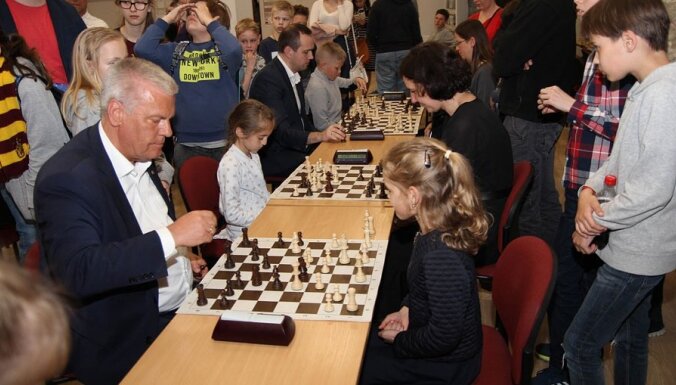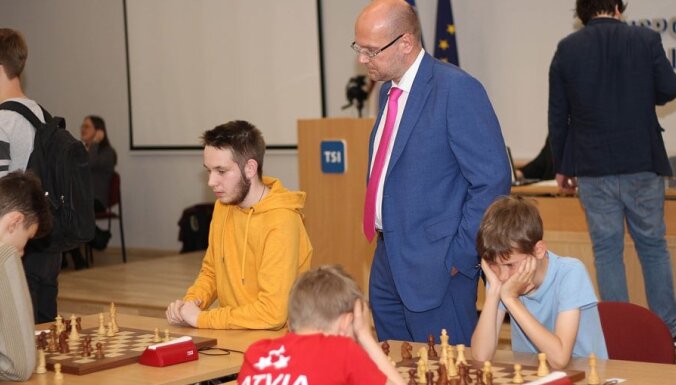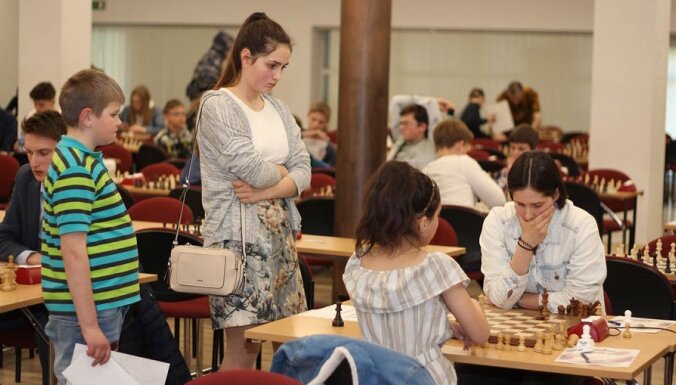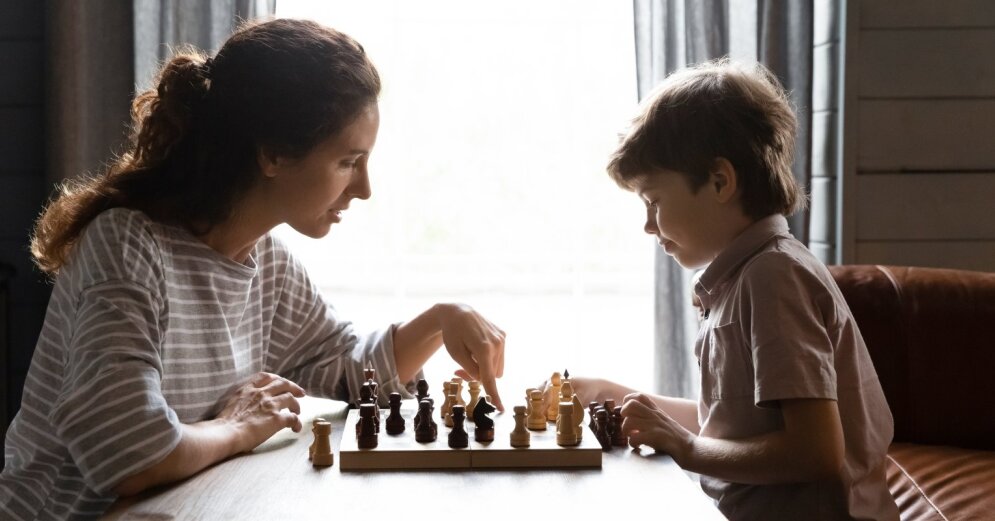Chess is intellect and erudition. Chess is emotion and passion. Chess is a sport and a career. Chess is love and life. This is all that makes chess a royal game that is gaining in popularity around the world.
Content will continue after the ad
Advertising
–
Chess was officially recognized as a sport by the International Olympic Committee in 1999, but chess has never been represented at the Olympics. The French Chess Federation has proposed that this sport be included in the program for the 2024 Summer Olympics, but this is only a demonstration or as an additional sport. In any case, no board game can grow with such success on a global scale.
Chess players live longer
Why is it worth playing chess? First, this mental sport does not contribute to the overload syndrome (although games tend to be quite prolonged and tiring) compared to physical sports, and older elite chess athletes have been found to live significantly longer than the general population (Krutsch et al. ., 2020).
It should be emphasized that this result is also observed for elite athletes in physical sports – life expectancy is higher in both groups than in the general population. When looking at the risks of chronic diseases, it was found that chess players had a lower risk of getting sick compared to the moderately active and inactive groups. So, chess increases life expectancy and reduces the risk of chronic diseases, and it certainly applies not only to elite athletes, but also to the general population. Second, contrary to popular belief, intelligence is not one of the most important characteristics of an athlete in chess. Studies with several world-class chess players have revealed that outstanding achievements do not necessarily require unusually high intelligence. This means that with hard and persistent work in chess, significant results can be achieved.
–
Useful in education
Several authors have argued that chess is an ideal game for educational purposes (Bart, 2014; Jerrim et al, 2018; Kazemi et al, 2012). Chess offers an optimal compromise between complexity and simplicity, as well as a positive balance between tactics and strategy. It combines numerical, spatial, temporal and combinatorial aspects. In addition, the variety of figures helps to keep the player’s attention, which is a very important consideration for younger children. These chess qualities in general can stimulate attention span, develop problem-solving skills and also thinking self-control.
In general, hundreds of different studies have been conducted in many countries around the world on the effects of chess on students’ cognitive abilities, behavior, and academic success. Some of these studies are well-founded, but some do not withstand scientific criticism. However, no matter how convincing the results may be, it is safe to say that research ideas will never be exhausted.

–
A 2014 study (Nicotera and Stuit, 2014), which analyzed various studies on chess between 1970 and 2014, found conclusive positive effects of chess on children’s abilities, but not all.
The studies in question were divided into three levels according to quality – the studies included in the first level were classified as reliable. The overall effect values from the first-level chess studies showed that after-school chess programs had a positive and statistically significant effect on students’ results in mathematics, but statistically insignificant findings on cognitive outcomes and reading and behavioral outcomes. Chess lessons in the school program had a positive and statistically significant effect on students’ mathematical and cognitive outcomes, but not on reading and behavioral outcomes. So chess definitely affects the results of mathematics, but the challenges of upbringing undoubtedly remain on the shoulders of parents and teachers.

–
Chess helps to harden the character
What, then, is chess from the point of view of a chess mother? Chess is exciting, chess motivates, chess gives confidence and great opportunities. My eldest son is a two-time vice-champion (U08 and U10) and a bronze winner (U12) in Latvian youth championships (2015, 2017 and 2019, respectively).
When a young chess player wins a well-deserved place, he automatically gets the opportunity to represent Latvia in world and European championships. In 2019, my son, along with other children, went to China to compete for titles at the World Youth Championships (previously also Greece and Romania), where all our young chess players have gained a unique experience in both chess and life. Chess is not only a game for the heart, but also an opportunity to travel, get to know different cultures and gain experience in different conditions, hardening your character.
My daughter and youngest son, who have completed the fourth grade at the age of seven and five, are also passionate about playing chess. What a joy and satisfaction it is to organize a home tournament involving all members of the family, including cats! Does chess help my children become personalities? Definitely yes.
Playing chess is not easy, but it is definitely worth it at any age and from any point of view.

–
—
1. Bart, W.M., (2014). On the effect of chess training on scholastic achievement. Frontiers in psychology, 5, p.762.
2. Jerrim, J., Macmillan, L., Micklewright, J., Sawtell, M. and Wiggins, M., (2018). Does Teaching Children How to Play Cognitively Demanding Games Improve Their Educational Attainment? Evidence from a Randomized Controlled Trial of Chess Instruction in England. Journal of Human Resources, 53(4), pp.993-1021.
3. Kazemi, F., Yektayar, M. and Abad, A.M.B., (2012). Investigation the impact of chess play on developing meta-cognitive ability and math problem-solving power of students at different levels of education. Procedia-Social and Behavioral Sciences, 32, pp.372-379.
4. Krutsch, W., Mayr, H.O., Musahl, V., Della Villa, F., Tscholl, P.M. and Jones, H. eds., (2020). Injury and Health Risk Management in Sports: A Guide to Decision Making. Springer.
5. Nicotera, A. and Stuit, D., (2014). Literature review of chess studies. Recuperado de: http://saintlouischessclub. org/education/research/literature-review-chess-studies.
–


